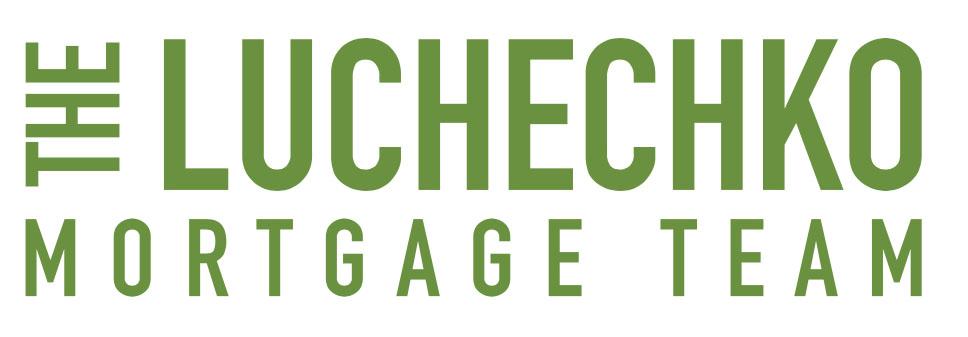What are the factors that impact your credit score? Luchechko team is here to help you with any of your mortgage needs.
1. Payment History 35% Impact
Paying debt on time and in full has the greatest positive impact on your credit score. Late payments, judgments and charge-offs all have a negative impact. Missing a high payment will have a more severe impact than missing a low payment, and delinquencies that have occurred in the last two years carry more weight than older items.
2. Outstanding Credit Balances 30% Impact
This factor marks the ratio between the outstanding balance and available credit. Ideally, you should make an effort to keep balances as close to zero as possible, and definitely below 30% of the available credit limit when trying to purchase a home.
3. Credit History 15% Impact
This portion of the credit score indicates the length of time since a particular credit line was established. A seasoned borrower will always be stronger in this area.
4. Type of Credit 10% Impact
A mix of auto loans, credit cards and mortgages is more positive than a concentration of debt from credit cards only.
5. Inquiries 10% Impact
This percentage of the credit score quantifies the number of inquiries made on a consumer credit within a six-month period. Each hard inquiry can cost from two to 25 points on a credit score, but the maximum number of inquiries that will reduce the score is ten. In other words, 11 or more inquiries within a six-month period will have no further impact on the borrower credit score. Note that if you run a credit report on yourself, it will have no effect on your score.
On a similar note...
Get a Rate Quote
Mortgage Rates Come Up

How long does it take to get a pre-approval?
It typically takes 2-3 business days to complete the pre-approval process at our end. We may be able to rush it if you need to make an offer on a property sooner than that. In some complicated cases, it could take longer than 3 business days.
How long is the pre-approval good for?
A Pre-approval letter is usually good for 60-90 days. However, we at Luchechko Team mortgages understand that it’s not always possible to find a house and get your offer accepted in 3 months. We do not make you go through the entire process again after 90 days. If nothing has changed with your credit qualification, we will simply renew your letter and issue you a new one. Absolutely no hassle at your end.
Will it impact my credit score?
Yes, it can potentially impact your credit score. The amount of impact is dependent on your credit profile, the stronger the credit – the lesser is the impact.
The average consumer enters into a purchase contract to buy a home for at least 30 days. Pricing on an interest rate locked in for a 7-day period is of no use to most prospective home buyers. It simply isn’t enough time to complete the transaction. While the billboard advertising or Internet banner ad may boast a terrific rate, the lock-in period is often not realistic in terms of providing enough time to negotiate a purchase contract and close the deal.
So, be very careful when shopping for interest rates. Make sure that when you are quoted a rate, you are asking the broker what the lock duration is. Make sure that the lock period allows you enough time to complete your purchase transaction.
Additionally, the consumer must take into consideration that the interest rate is not the only important factor in obtaining financing. Another equally important question to answer is, “How long do I need to borrow this money? The length of time you need to borrow the money has a profound impact on whether or not you should be paying upfront fees (points), and likewise has bearing on your loan program selection. Call Lucehhcko team for the best mortgage rate on the market! 


